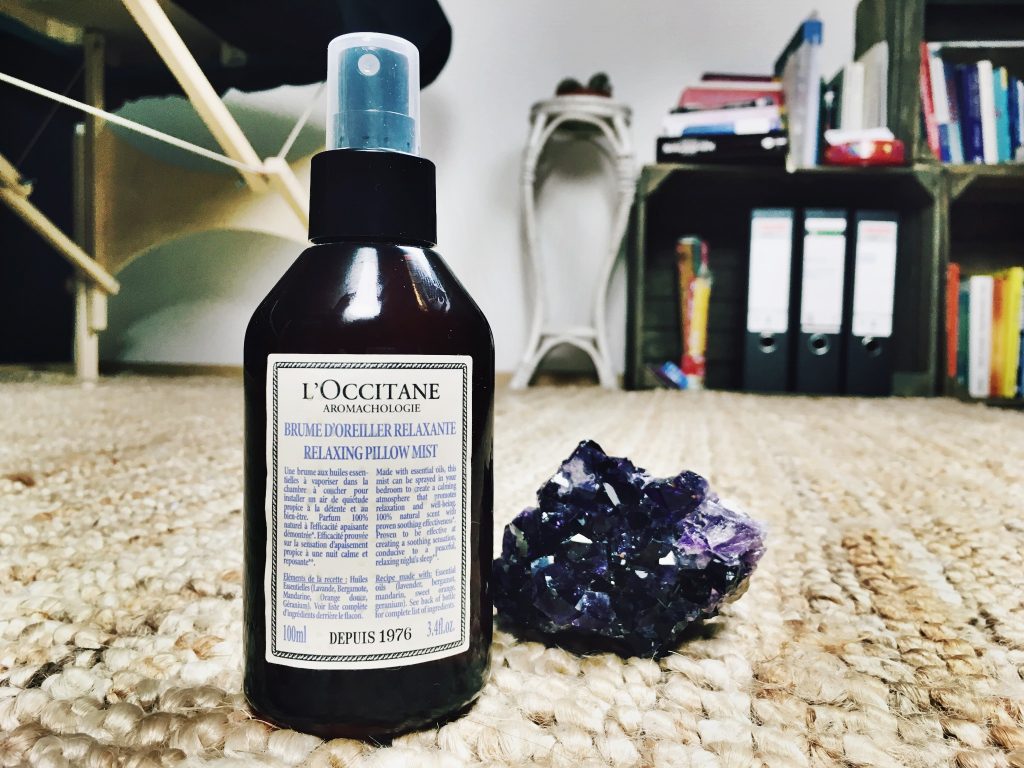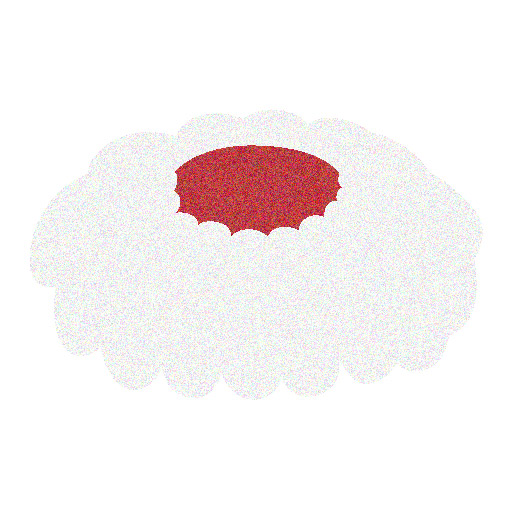
Sleep is one of the most wonderful things in life! Sleep is the time when we don’t give a fuck, a time where we get fueled with energy and where we do absolutely NOTHING. Actually sleep isn’t that difficult, you lie down, you close your eyes and you fall asleep.
Pah, sometimes it isn’t!
Insomnia is worse than bad dreams. Insomnia is the bad dream of bad dreams!
Everybody who has suffered or who is suffering from insomnia knows exactly what I’m talking about, because insomnia has a terrible snowball effect, with every bad night, the next gets even worse and it seems like it’s never gonna end.
As if!
Even scientists don’t know how sleeping actually works. It is a „complex neurophysiologic state“. This means that falling asleep remains a mystery. At least we know what makes falling asleep diffucult: besides physical, psychiatric and pharmacologic reasons, we know physiologic ones like staying in bed too long, shift work, sleeping too long during the day, unsteady lifestyle, too much action in the evening or psychological ones like stress in general, traumatic life events, diseases, problems with familie, partner or job.
And then it happens, we lie down in bed, close our eyes and the magic of falling asleep is gone. We don’t fall asleep, we’re counting sheep, we begin to think, we count the hours remaining, with every passing minute we get even more frustrated. And as I said, with every bad night the next night might be a horror night even more so. Even going to bed can become a horror scene: „What, if I cannot fall asleep tonight again? Then I won’t be fit again tomorrow and I will not be able to manage my work load!“
I know this so well, this is why I worked out some methods so that sleep could become something wonderful, relaxing and most of all easy again.
Meditation
I had my breakthrough with meditiation. I read Jon Kabat-Zinn’s Book „Full Catastrophe Living“. Jon Kabat-Zinn is a doctor at the Stress Reduction Clinic of the University of Massachusetts Medical Center and introduced mindful meditation in the 90ies to help reduce his patients’ pain evidently. Of course I read a whole lot of other books and articles about meditation, but his scientific approach and the fusion of buddhism, meditation and modern medicine inspired me at the utmost. I began to meditate without expecting anything. Because meditation is simply about mindfulness (in the west we often confuse it with relaxing techniques – i mean, you may relax, but that’s not what your goal is, because meditation has no goal). I made room inside of me for the nothingness and realized that in time I found silence within me. In traditional meditation you have to let your thoughts pass you by, you don’t need to be attached to them. But this is what we constantly do in our daily lifes: we grab our thoughts and we water them so that they can flourish, we indentify with our thoughts and the worse part is, most of the times it happens completely uncoscious! If we were able to hear our thoughts we would be looking for the volume control to put it on mute – it’s insane!
If we are aware of our thoughts we can consciously decide to let them pass by. Just like toddlers gaze at things and don’t label them good or bad. Because thoughts can very well be useful. But in the right amount. So, should I have some thought smog while I want to fall asleep, I remind myself that I don’t have to get attached to them I can let them pass by. Not my thoughts have the power over me, I have the power over my thoughts, hehe.
Going to bed thoughtless
Going to bed without that thought smog is absolutely preferable. I do this by solving my problems instantly if it is possible or looking for a partial solution. If I’m not able to solve the problem at once but I know that it’s a matter of time I get that feeling „Everything is alright, even if it’s not entirely alright.“ We as humans need this, because security is one of our basic needs otherwise our brain stem is in constant alterness – this definitely doesn’t help when you want to fall asleep.
What’s also helping is to prioritize problems. Our mindset concerning our problems plays a huge role as to how they can affect our sleep. Over time I developed a mindset that says: „You little problem, you are not that important to disturb my sleep, see you tomorrow, arrividerci!“. You think this is crazy? I really do it! Of course mega shit happens at times which will eventually disturb my sleep, but generally I altert my mindset consciously so that I shit on my problems, at least at night when I sleep.
Failure is 100% natural
Who is flawless all the time in all respects!?
No one. But unconsciously more or less everybody suffers from this pressure. Even sleep should be perfect. Sleep is something relaxing and if we start to feel pressure, how can we relax and fall asleep?
Everybody can relate: You ultimatly fell asleep, you wake up in the middle of the night, you cannot fall back to sleep, you look at the clock, it’s 3:45 am, you count the hours remaining and you’re getting frustrated.
I’ve heard this story so many times, usually I reply: „Yeah, I also wake up in the middle of the night, I go to the bathroom, then I return to my bed and fall asleep, as simple as that.“ It’s not that big deal.
Certainly there have been situations were I couldn’t get back to sleep and I imagined how I would be tired the next day and that I wouldn’t be able to go to training and sleep is so important for training and…
Yeah, ok. This is clearly a vicious circle that makes my problem even bigger instead of making it smaller. What is this all about? It’s about failing. Yes, it’s absolutely ok to fail. The more I pressure myself not fail the more likely I am to fail. It sounds contradictory, but it’s the truth.
So, NEVERMIND, just fail!
Aroma Therapy
When I got my nasal septum correction 3 years ago I couldn’t smell anything for a week. It was the longest week of my life! It was ugly! Everybody know how important scents are in our life. Scents bring wonderful moments to mind, they take us with them on a journey, they relax us.
They not only smell good, essential oils are a great support in therapies and they can also help my clients during a session. Why not support me at falling asleep?
Lavender and bergamot are little helpers. L’Occitane has a combination of both i a spray bottle that you can spray on your pillow (I’m sure there are also cheaper alternatives). Lavender and bergamot help with nervousness and anxiety. From my personal experience these oils have a relaxing and also soporific effect.
Valerian
Should you loose control and be amidst of this vicious circle, valerian may help. From my viewpoint valerian becomes ineffective over time. It’s not a durable solution, more like a quick solution to make sure you sleep 1-2 nights through, so that you can be fit enough to solve your problems the next day.
Put your smart phone away, switch off your computer and your tv!
I can’t say it enough. Of course I’m not a fan of generalizations and I myself ditch the rules sometimes. But only sometimes. Most of us are addicted to their phones, scrolling through instagram, FB and so on, time flies and photons are bombarding our brain tricking it into thinking it is daytime. Your brain needs the dark to understand that it is time to rest. I personally use my day light lamps to wake up quicker when I took a nap in the afternoon and seem to be stuck in dreamland.
So vice versa: dim the lights and turn them off. And do it always like this, at least at the beginning of the phase where you want to practise to fall asleep easier. At 9pm I dim my lights at home, I only use cozy and relaxing lights so that I can wind down, end the day and slowly get into sleep-mode. I’m no longer sitting in front of my computer, I don’t check emails or alike and the only time when I have my smart phone I go to sleep is when I set the alarm and put it on flight mode.
Enjoy this peaceful time in the evening, you will be able to relax much easier and you will overall feel better. And to put it a bit more harshly: Be thankful that you live in a country where there’s peace, where we have jobs, there’s no war and we don’t suffer from hunger. Let’s not make our worries bigger that they are!
With this said, sleep well my dear ones!
Sources:
http://www.zeit.de/karriere/2016-12/schlaf-schlafforschung-leistungsfaehigkeit-koerper-geist
http://www.schlafzentrum.med.tum.de/index.php/page/normaler-schlaf
https://umassmed.edu/cfm/about-us/
Kabat-Zinn, Jon (2011): Gesund durch Meditation – Das große Buch der Selbstheilung

No Comments